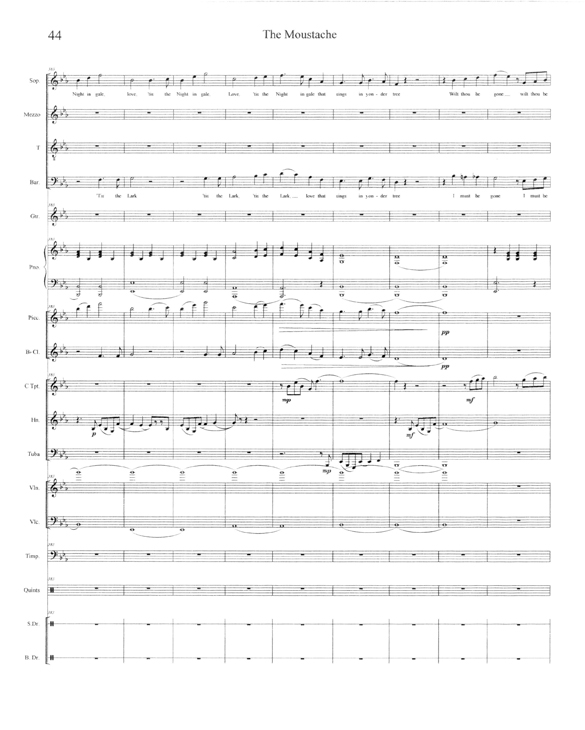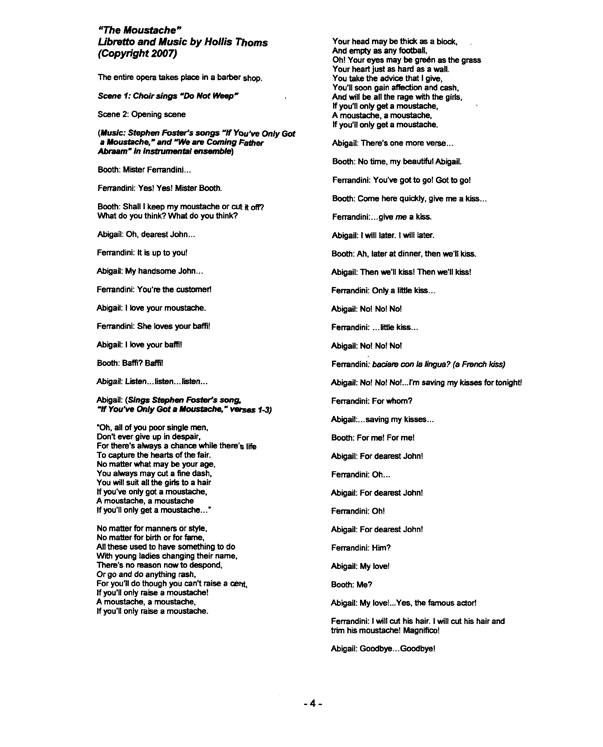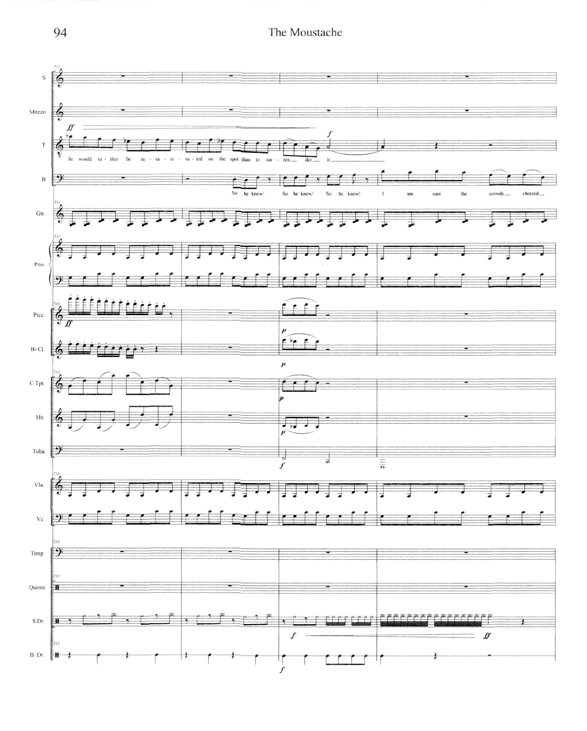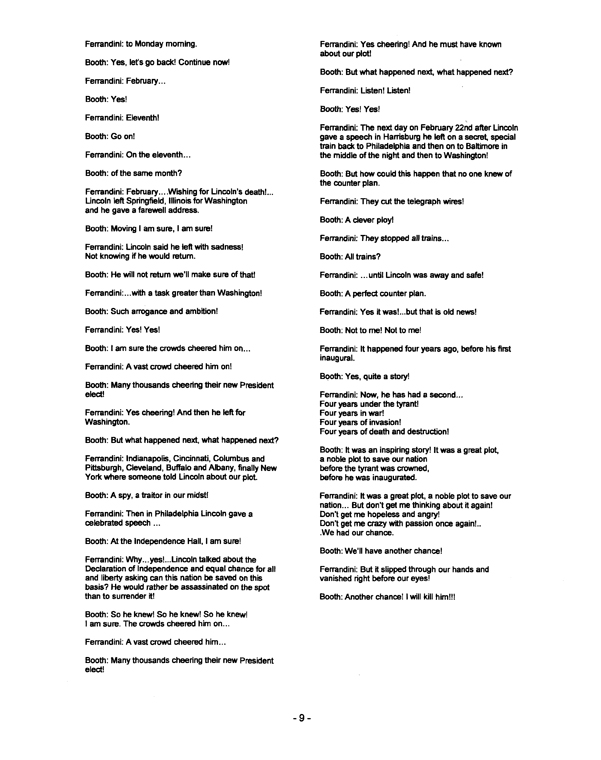Straddling Secession: Thomas Holliday Hicks and the Beginning of the Civil War in Maryland
- Hicks Exhibit Home
- The Gathering Storm
- Baltimore and Annapolis
- Calling the Legislature
- Burning the Bridges
- A Plot Aganist Lincoln?
- The War After Hicks
A Plot Aganist Lincoln?
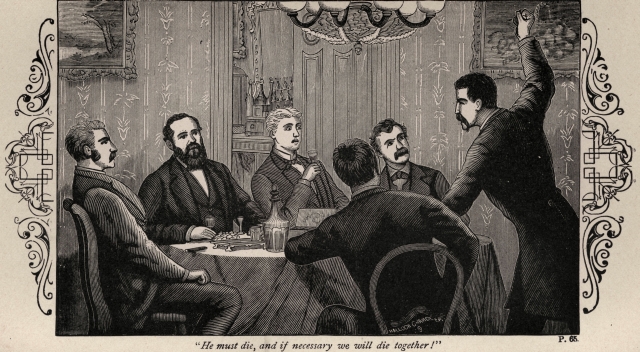
Cipriano Ferrandini addresses other members of the Baltimore plot From The Spy of the Rebellion, by Allen Pinkerton, 1883
Baltimore was the site of other significant secessionist activities. In February, 1861, President-Elect Abraham Lincoln was making his way by train from Illinois to Washington, D.C. to take office. Detective Allen Pinkerton, who was coordinating security on the trip, was advised of a plot to assassinate Lincoln as he traveled through Baltimore on February 23.
Pinkerton investigated, and in The Spy of the Rebellion, his 1883 memoir, he recounted a covert meeting with Cipriano Ferrandini, the purported ringleader: "Are there no other means of saving the South except by assassination [of Lincoln]?" asked someone at the meeting, to which Pinkerton reported Ferrandini replied "No.He must die-and die he shall. And.if necessary we will die together."
Lincoln changed his schedule and passed through Baltimore of the night of February 22. As an extra measure of security, he traveled in disguise, for which he was ridiculed by many, including in this etching by Adalbert J. Volck, shown at right.
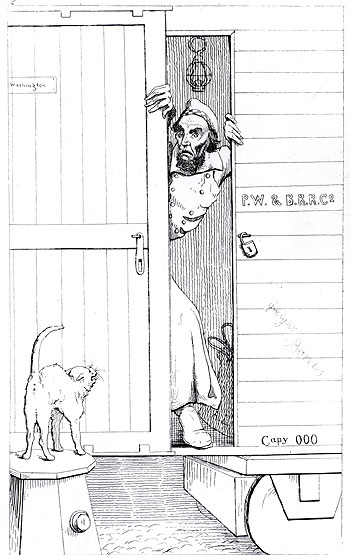
Passage Through Baltimore
Adalbert J. Volck, 1863
National Portrait Gallery, Smithsonian Institution
Long after he served as Mayor of Baltimore, George William Brown wrote a memoir, Baltimore and the Nineteenth of April, 1861. In it, he attempted to refute allegations of disloyalty against himself and his native city, and to refute "exaggerated and sensational" accounts of the events in Baltimore in the first months of 1861. Brown dismissed the "supposed plot" to assassinate Lincoln as an "imagined peril." He noted that no one was ever prosecuted and that "the list of names [of conspirators] was never furnished, and all the men.vanished in air."
In his book, Brown also characterized the attack on Union troops by rioters as "a sudden uprising of popular fury," which the Baltimore City police could not have anticipated in time to prevent it. Brown wrote that he knew Ferrandini, who was "now in an advanced years, still lives in Baltimore, and declares the charge of conspiracy to be wholly absurd and fictitious, and those who know him will, I think, believe that he is an unlikely person to be engaged in such a plot."
Cipriano Ferrandini was born in Corsica, and immigrated to Baltimore in the early 1850s, where he worked as a hairdresser and barber, a profession that was dominated in the city by free African Americans. He denied under questioning by a Congressional committee early in February, 1861, that he had any plans to disrupt Lincoln's inauguration and maintained that he sought solely to keep Northern troops out of Baltimore. Only reports from Pinkerton's spies tied Ferrandini to a conspiracy to assassinate Lincoln.
Ferrandini did travel to Mexico in 1860 to train with a secessionist militia, returning with the title of "captain," and was connected personally and financially to at least two prominent pro-Southern members of Baltimore high society, Jerome N. Bonaparte and Thomas Winans. Ferrandini was arrested once during the war, but was quickly released. He continued to work in Baltimore as a barber at Barnum's City Hotel until he retired in the 1870s. He died at his daughter's home in Govans, Maryland, in 1910, at the age of 87.
Cipriano Ferrandini's life has sparked much speculation. Because he worked as a barber in Barnum's City Hotel, Ferrandini may well have had occasion to encounter another man who sought to assassinate Abraham Lincoln-John Wilkes Booth. Indeed, Booth was known to frequent the hotel when he was in Baltimore. The intriguing prospect of a meeting between Booth and Ferrandini was the inspiration for Hollis Thoms to write "The Moustache," an opera imagining what might have happened had the two men ever crossed paths. Shown here are two pages from the opera's score.
At left is a portion of an early scene, where Booth and a barmaid named Abigail sing "If You've Only Got a Moustache," by Civil War-era musician Stephen Foster. On the right is an excerpt from a scene near the end of the opera in which Ferrandini talks about a speech given by Lincoln prior to his inauguration in 1861.
View the script of The Moustache
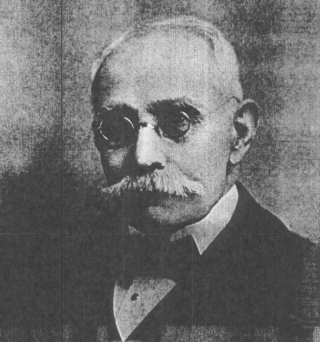
Cipriano Ferrandini (1826-1910)
From The Sun (Baltimore)
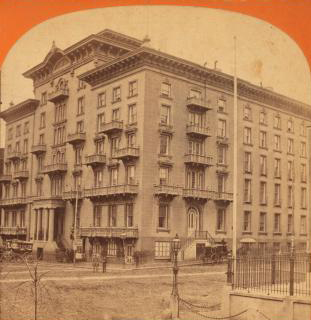
Barnum's City Hotel
W. M. Chase
New York Public Library
|
This web site is presented for reference purposes under the doctrine of fair use. When this material is used, in whole or in part, proper citation and credit must be attributed to the Maryland State Archives. PLEASE NOTE: The site may contain material from other sources which may be under copyright. Rights assessment, and full originating source citation, is the responsibility of the user. |
© Copyright December 15, 2023 Maryland State Archives

